Humans
Sign up for our newsletter
We summarize the week's scientific breakthroughs every Thursday.
-
 Genetics
GeneticsDNA from a 5,200-year-old Irish tomb hints at ancient royal incest
Ruling families in Ireland may have organized a big tomb project, and inbred, more than 5,000 years ago, a new study suggests.
By Bruce Bower -
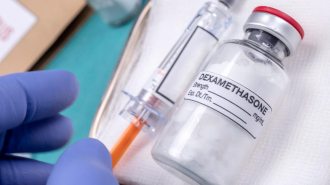 Health & Medicine
Health & MedicineThe steroid dexamethasone is the first drug shown to reduce COVID-19 deaths
The drug might save one of every eight people on ventilators and one of 25 on oxygen.
-
 Health & Medicine
Health & MedicineCOVID-19 lockdowns helped people get more, but not necessarily better, sleep
Two studies report that people began sleeping more and more regularly after countries imposed stay-at-home orders to slow the coronavirus’ spread.
-
 Health & Medicine
Health & MedicineThe FDA has canceled emergency use of hydroxychloroquine for COVID-19
The malaria drug is unlikely to work as an antiviral and its risks don’t outweigh benefits in use against the coronavirus, the agency rules.
-
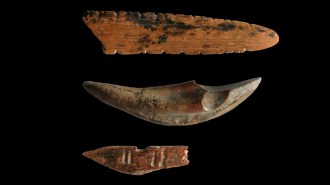 Archaeology
ArchaeologyClues to the earliest known bow-and-arrow hunting outside Africa have been found
Possible arrowheads at a rainforest site in Sri Lanka date to 48,000 years ago.
By Bruce Bower -
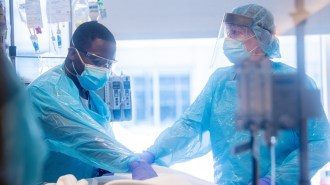 Health & Medicine
Health & MedicineA critically ill COVID-19 patient just got a double lung transplant
A young woman whose lungs could not recover from the coronavirus infection is doing well after a double lung transplant.
-
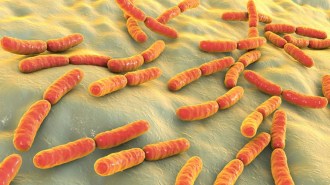 Life
LifeScientists want to build a Noah’s Ark for the human microbiome
Just as the Svalbard Global Seed Vault protects global crop diversity, the Microbiota Vault may one day protect the microbes on and in our bodies.
-
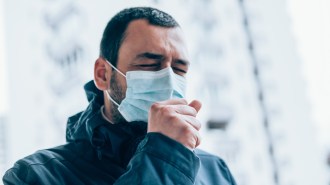 Health & Medicine
Health & MedicineNo, you can’t hear the difference between sick and healthy coughs
A study shows humans can’t distinguish between the sound of a cough from someone with an infectious disease and someone with a tickle in the throat.
-
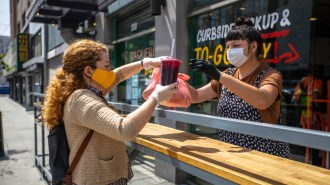 Health & Medicine
Health & MedicineHow often do asymptomatic people spread the coronavirus? It’s unclear
A WHO official said people without COVID-19 symptoms rarely spread the virus, but there’s a lot that researchers don’t yet understand.
-
 Health & Medicine
Health & MedicineLockdowns may have averted 531 million coronavirus infections
Policies that kept residents at home and closed businesses were largely effective at slowing the pandemic’s spread, two studies suggest.
-
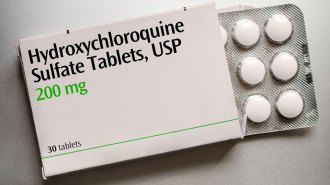 Health & Medicine
Health & MedicineTaking hydroxychloroquine may not prevent COVID-19 after exposure
Hydroxychloroquine didn’t protect health-care workers from getting sick after being exposed to someone with COVID-19, a new study shows.
-
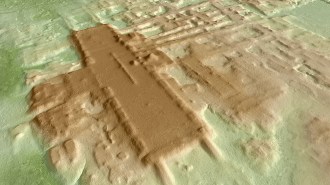 Humans
HumansLidar reveals the oldest and biggest Maya structure yet found
A previously unknown Maya site in Mexico, called Aguada Fénix, adds to evidence that massive public works may have preceded kings in the civilization.
By Bruce Bower